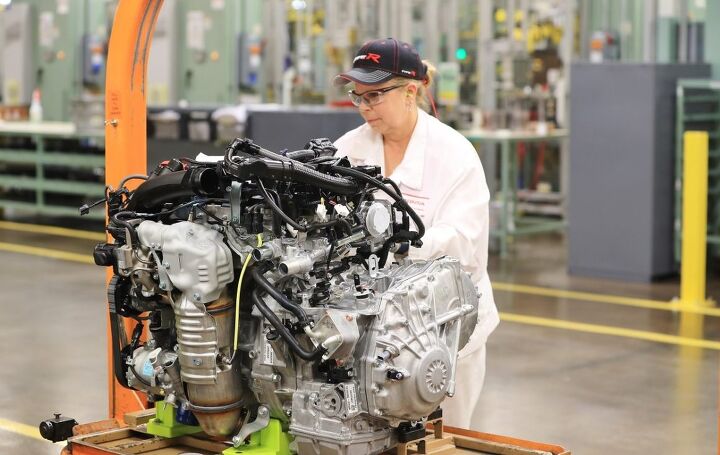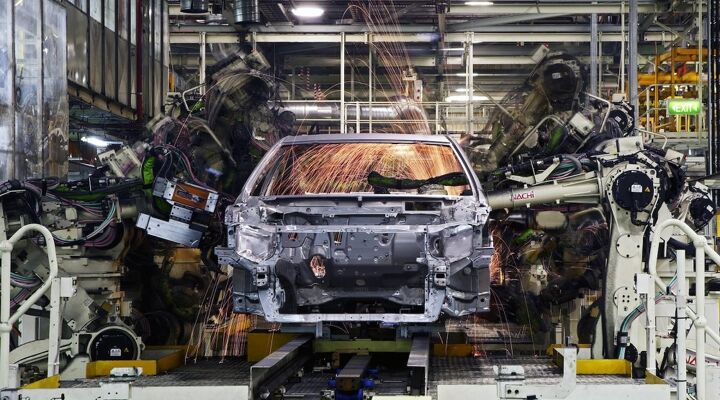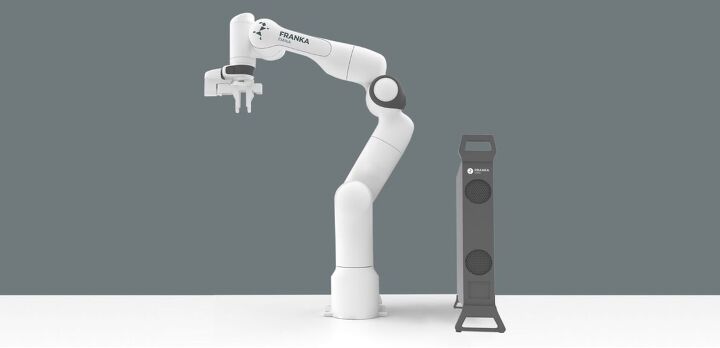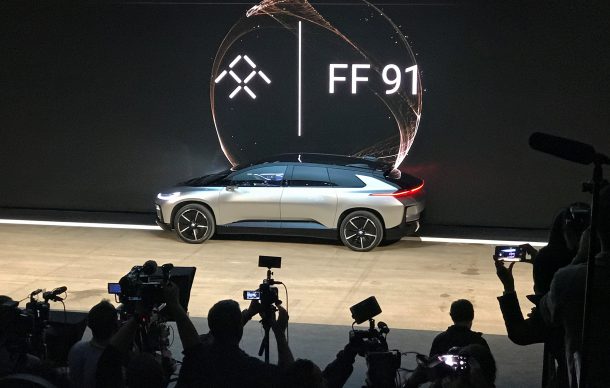#automation
Penske & Cox Premiere AI Based Auto Sales Platform With Confusing Name
Years ago, waiting for a haircut, dental appointment, or psychological evaluation meant thumbing through a paperback filled with local listings of automobiles you had convinced yourself you might be in the market for. While primarily an exercise for wasting one’s time, there was always a chance you’d run to a payphone or whip our your Nextel to contact the seller so you could begin the delicate dance of commerce.
Automakers Claim Robots Won't Steal Any More Jobs - For a While, Anyway
The car industry was one of the first to employ widespread automation as a way to streamline manufacturing. However, plenty of jobs have been handed over to robots since the 1980s. Cashiers, tollbooth operators, librarians, and practically everyone who has worked in shipping has seen some aspect of their job replaced with automation. But automakers now claim the usefulness of robots has reached its peak — at last for the time being.
In the midst of an autonomous revolution where drivers will be eventually be replaced by computer-controlled vehicles, numerous carmakers suggest robots still can’t substitute humans on the assembly line.
Building a Better Robot - One That Won't Murder You
Occupational hazards exist in every industry, and we used to adhere to the notion of “acceptable losses” for certain projects. Over 20,000 people are estimated to have died under the French leadership of the Panama Canal’s construction, and another 6,000 when the Americans finally finished it in 1914 — two years ahead of its target date. Fifteen years later, five men perished during the construction of the Empire State Building, which was pretty good for the time.
However, acceptable workplace-related deaths aren’t really in style anymore. One causality is too many in today’s post-OSHA world, whether you’re in the U.S. or living beyond its borders. Such was the case two years ago when a robot crushed a 22-year-old man to death at a Volkswagen assembly plant. As a result, VW and other automakers are closely watching the efforts of Germany’s Institute of Robotics and Mechatronics in order to build a safer robot.
If Robots Can Build Our Cars, Why Don't They Service Them?
Robots may be able to assemble your car, but they aren’t going to be servicing it anytime soon. Automation has made many industrial occupations irrelevant over the last few decades. Machines have even begun entering the fast-food industry and proven themselves adept line cooks. So then why aren’t they changing your oil?
The technology is available but implementing it is too damned expensive and slow. No machine yet qualifies as a “full-service” device, so centers would have to purchase multiple rigs and keep someone on staff to operate them — not exactly cost-effective. However, as those machines come down in price and gain in number, we’ll begin seeing them put into use more and more. Eventually, you’ll be returning to the servicing department to complain about a robot ruining your car instead of an inexperienced mechanic. But when?
Robots Already Build Cars, But They May Build Car Factories Soon, Too
We’ll always need humans to manufacture robots for automated manufacturing, or at least that’s been the prevailing wisdom for years.
But what if that wasn’t the case?
Robot arms, such as the Franka Emika pictured above, might change all that, as they now have the ability to clone themselves.
The Problem With Hype(r) Cars
After much anticipation, Faraday Future finally revealed its production car, the FF 91. The presentation introduced the FF 91 as “the smartest car you’ll ever drive” and described capabilities of advanced sensors, machine learning, and autonomous driving — all great buzzwords. We saw a live demonstration of the FF 91’s ability to drive itself with the “driverless valet” feature. The car successfully parked itself in a parking lot outside the reveal and we were told to “never worry about parking again.”
Except, I watched the rest of the reveal and I’m pretty worried.
GM is Spending a Lot of Cash so You Don't Have to Drive
General Motors wants you to have more texting time in your car, and it’s dropping a lot of cash to see that it happens.
The company announced Friday that it will purchase San Francisco-based Cruise Automation in order to access and advance its self-driving vehicle technology, a buy worth upwards of $1 billion, Fortune reports.
The three-year-old startup has been busy gathering investor capital to develop and push aftermarket kits designed to turn regular vehicles into autonomous cars.























Recent Comments